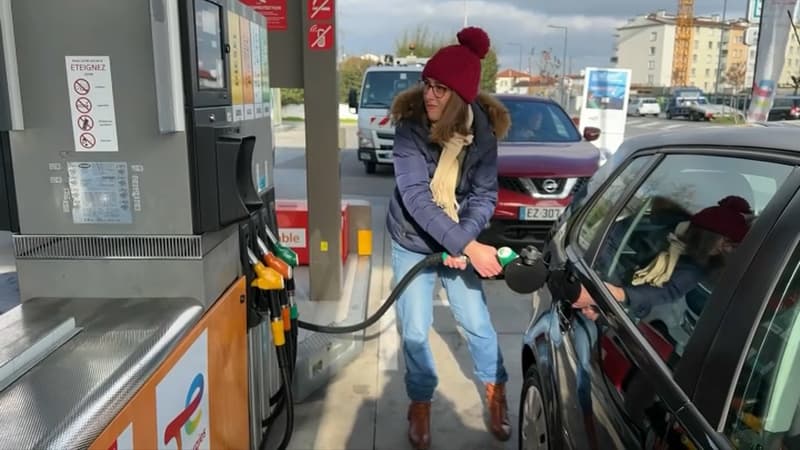The memory of motorists does not fail them. When they fill up the tank, they see that the price displayed on the pump for the SP95 has not yet returned to the level it was before the start of the war in Ukraine. However, the price of a barrel of oil calculated in euros has returned to its level in mid-February 2022. And this return to normality is reflected in the price that is used as a reference for professionals who buy fuel, especially in the great distribution. The SP95 listed in Rotterdam was thus trading at 62 cents per liter on February 25, 2022, a level it returned to at the end of April.
This return to the pre-war situation is also more or less the norm at our neighbors’ service stations. The average price without tax at pumps calculated each week by the European Commission was 84 cents in the euro zone at the end of last April. Exactly the same level it registered on February 21, 2022, before the war in Ukraine terrified the markets.
France, the only country in Europe where the SP95 still costs 16% more than before the war
Certainly from one country to another, we can see small differences. The tax-free liter is now a little cheaper than before the war, in Germany and Luxembourg, while it costs a few cents more in Spain, Belgium or Italy. But these differences do not exceed 5%. Only one country is an exception: France.
In the days before the attempted Russian invasion of Ukraine, the average price without tax was limited to 80 cents, 4 cents less than the euro zone average. At the end of April, again according to the European Commission, it remained significantly higher at 93 cents. This 13-cent difference equates to a 16% increase over prewar pump prices. And this difference leads to a mechanical increase in VAT of just over 2 cents collected by the State.
Super U boss evokes a “margin rebuild” of the sector
Such a difference obviously requires an explanation. Asked about the issue, Dominique Schelcher, the head of Système U, evokes a very probable “reconstitution of the margin” and admits that even the large retailers, as a whole, no longer systematically seek to reduce fuel prices at their stations. they represent more than half of fuel sales in France.
On the side of the Ufip -the professional union of oil workers- we point out first of all that ethanol added to conventional fuel is more expensive today and that French motorists consume more E10 (a gasoline twice as rich in fuel of vegetable origin than E5 ). And we also insist on the environmental obligations imposed on the most polluting sectors that have been hardened by decree, forcing them to increase their economic contributions through Energy Saving Certificates (CEE). As for the independent pump managers, they certify through their spokesman Francis Pousse, the president of Mobilians, that the level of their margins has not changed.
Source: BFM TV


